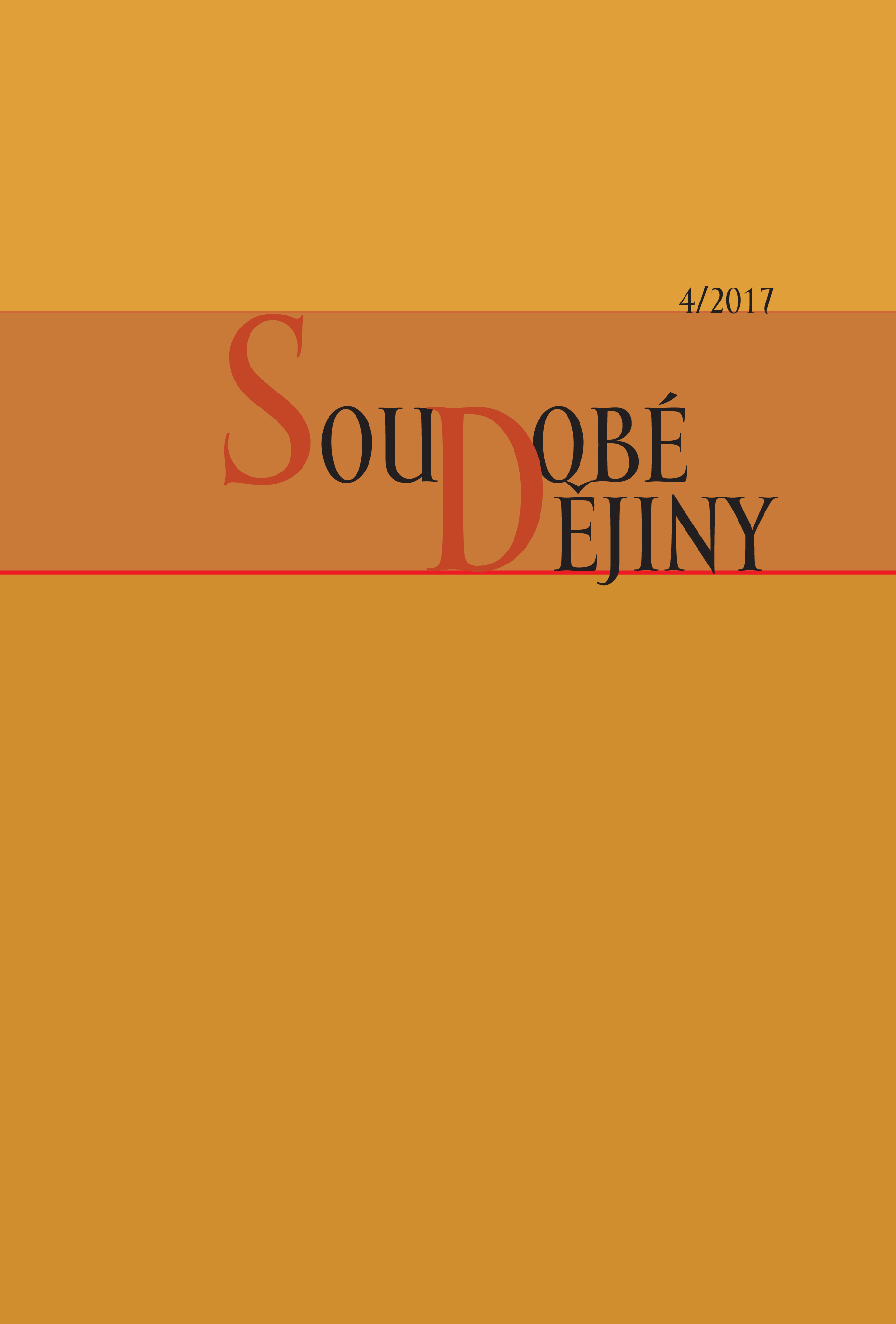Řeč obžaloby namísto nezaujatých argumentů
Speech for the Prosecution instead of Unbiased Arguments
On the first attempt to write a scientific biography of Stepan Bandera
Author(s): Luboš VeselýSubject(s): History, Ethnohistory, Military history, Political history, Recent History (1900 till today), Interwar Period (1920 - 1939), WW II and following years (1940 - 1949), Historical revisionism, Fascism, Nazism and WW II
Published by: AV ČR - Akademie věd České republiky - Ústav pro soudobé dějiny
Keywords: Stepan Bandera;Ukraine;Nationalism;World-War II;
Summary/Abstract: In the beginning of his work, the author presents a brief list of publications on Stepan Bandera (1909–1959), one of the leaders of the Ukrainian nationalist movement, which has hitherto been published in the Ukraine, Russia, Poland, and Czechoslovakia (Czech Republic), noting the politicized perception of this historical figure and mutually conflicting national narratives which his life story is set into. While Ukrainian view mostly adores Bandera as the founder of the Ukrainian statehood and national hero, the Polish and Russian (formerly Soviet) ones generally condemn him as a radical nationalist, fascist, and anti-Semite responsible for crimes perpetrated by the Organization of Ukrainian Nationalists (Orhanizatsiya Ukrains’kykh Natsionalistiv – OUN) and the Ukrainian Insurgent Army (Ukrainska Povstanska Armiya – UPA) in Western Ukraine in the 1940s. The author then proceeds to the publication of Polish-German historian Grzegorz Rossoliński-Liebe,Stepan Bandera: The Life and Afterlife of a Ukrainian Nationalist. Fascism, Genocide,and Cult (Stuttgart, Ibidem 2014), which is so far the first attempt at a scientific biography of Bandera. The author questions and argues against Rossoliński-Liebe’sapproach to the topic, which he claims to be conforming to many negative patterns in Bandera’s appraisals, failing to describe historical events without an a priori biasor presenting new views, although Rossoliński-Liebe used almost all published works on the topic, as well as a mass of archival sources and memoir testimonies. Rossoliński-Liebe equals Bandera with the Ukrainian nationalism, and regards the latter as a violent movement without setting it in a context. The author argues that ignoring the historical context, one-sided optics, and emotional judgments are significant weaknesses of the work, which thus fails to meet the demands placed upon a balanced scientific biography.
Journal: Soudobé Dějiny
- Issue Year: XXIV/2017
- Issue No: 4
- Page Range: 611-623
- Page Count: 13
- Language: Czech

